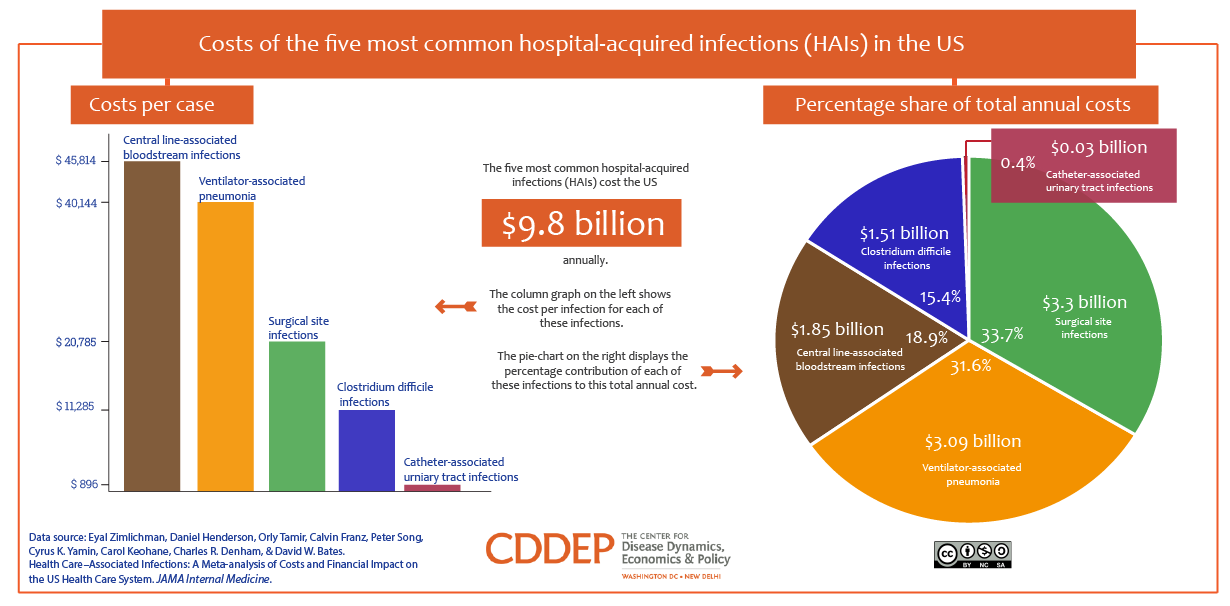Hospital-acquired infections continue to be a source of great medical and economical strain for clinics and facilities across the country. Hospital-acquired infections, or HAIs, are infections that patients acquire while receiving treatment at a hospital or healthcare facility. They are often caused by bacteria, fungi, viruses, or any other infectious agent or pathogen that live in medical environments.
The Center for Disease Control has estimated that at any given time, about 1 in every 25 hospital patients has at least one healthcare-associated infection. These infections require longer hospital stays, extended treatment, and cost the U.S. healthcare system billions of dollars, and tens of thousands of lives. However, these types of incidents are often preventable and require more education, and the implementation of new technology.
Technology
Many healthcare clinics, hospitals and facilities are turning to the advent of security and life-safety technology to remind staff and personnel to comply with healthcare regulations, such as alarms for scheduled filter changes, and notifications to remind personnel to complete the recommended 6 air exchanges per hour. Some hospitals have even adopted pressurized mats in front of hand-washing areas in operating rooms and intensive care units that sound a reminder if the hand-washer has spent too little time at the sink.
Larger scale solutions such as real time location systems (RTLS) are helping caregivers reduce the rate of infections. By tagging medical equipment and tracking their use and location in real time, staff members can quickly identify if certain equipment have not completely undergone the disinfection process. RTLS can even help ensure that the rapid turnover in rooms is being handled expediently, while also adhering to proper health regulations and proper disinfection protocols.
Education
The integration of technology can only be as successful as the healthcare workers operating them. Hospitals should supplement their use of technology with an extension on education efforts. Raising awareness about hospital-acquired infections and important precautions is key to getting an “all hands on deck” approach to HAI prevention. Hospitals should put great emphasis on developing infection control plans, as well as considering the addition of innovative technology solutions that will allow hospital staff to monitor additional data sets, and improve environmental cleaning of patient rooms and equipment.
ECD Systems
Our mission as a company has always been to use integrated solutions and services with progressive technologies that enable healthcare professionals to optimize their operations – this includes reducing your HAI rate to zero and making sure your facilities are a safe place to provide the highest quality care for your patients. Contact us today to learn more about our systems and services and find out how we can improve your mission-critical processes.
ECD Systems, LLC
Contact: Alan Gregory alan.gregory@ecdsys.com

